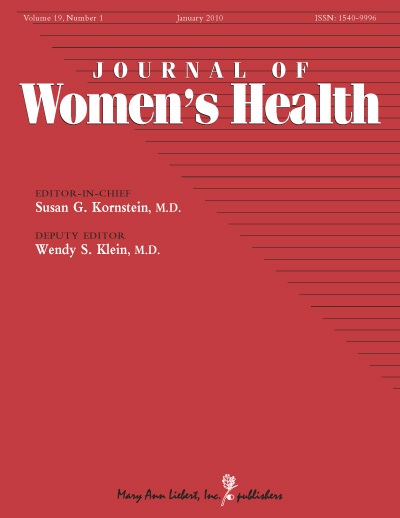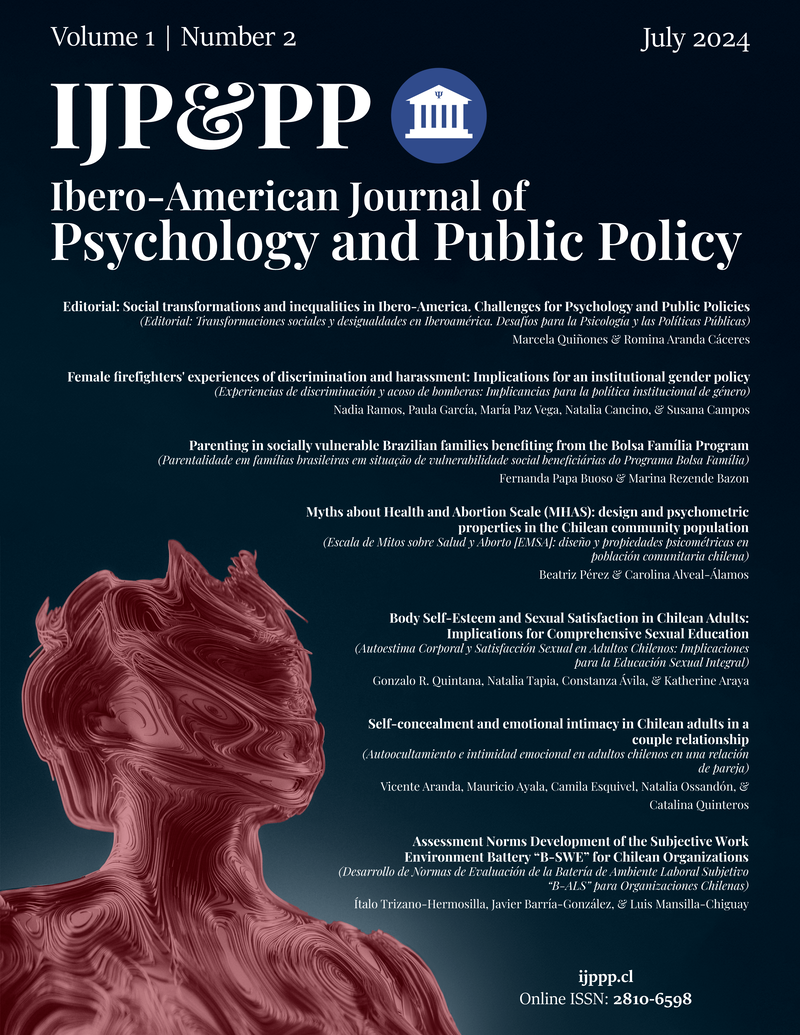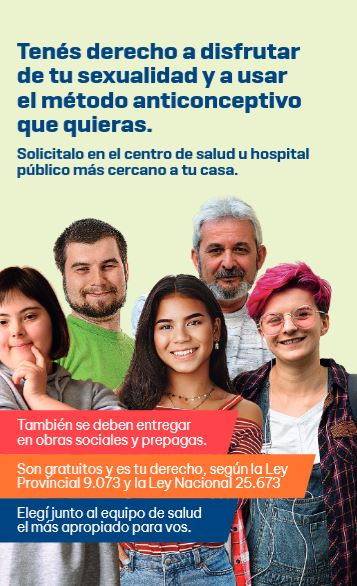Resumen
Background: Socioeconomic inequalities affect different areas of health, including sexual and reproductive health. The aim of the present study was to analyze inequalities in the use of contraception among women resident in Spain in 2006. Methods: This is a cross-sectional study of women aged 15–49 years and resident in Spain in 2006 that analyzes the use of contraception during their first experience of sexual intercourse and during the 4 weeks before the interview (n 1/4 5,141). Socioeconomic inequalities are measured with indicators of socioeconomic position, such as level of education, social class, and country of origin, and such characteristics as age, religion, age at first
intercourse, living with partner, and number of children. Results: Contraception was used by 70.4% of the women during their first experience of sexual intercourse and
by 78.1% during the previous 4 weeks. The women who used contraception most during their first experience of sexual intercourse were nonreligious younger women from developed countries who had a higher level of education and who had their first experience after the age of 18. The women who used contraception most often
during sex in the previous 4 weeks were younger women with a higher level of education who did not live with a partner, who had children, and who had used contraception during their first experience. Conclusions: There are socioeconomic inequalities in the use of contraception among women in Spain. The use of
contraception during the first experience of sexual intercourse was associated with more frequent use of contraception during sex in the 4 weeks before the interview. (Resumen extraído del artículo)






